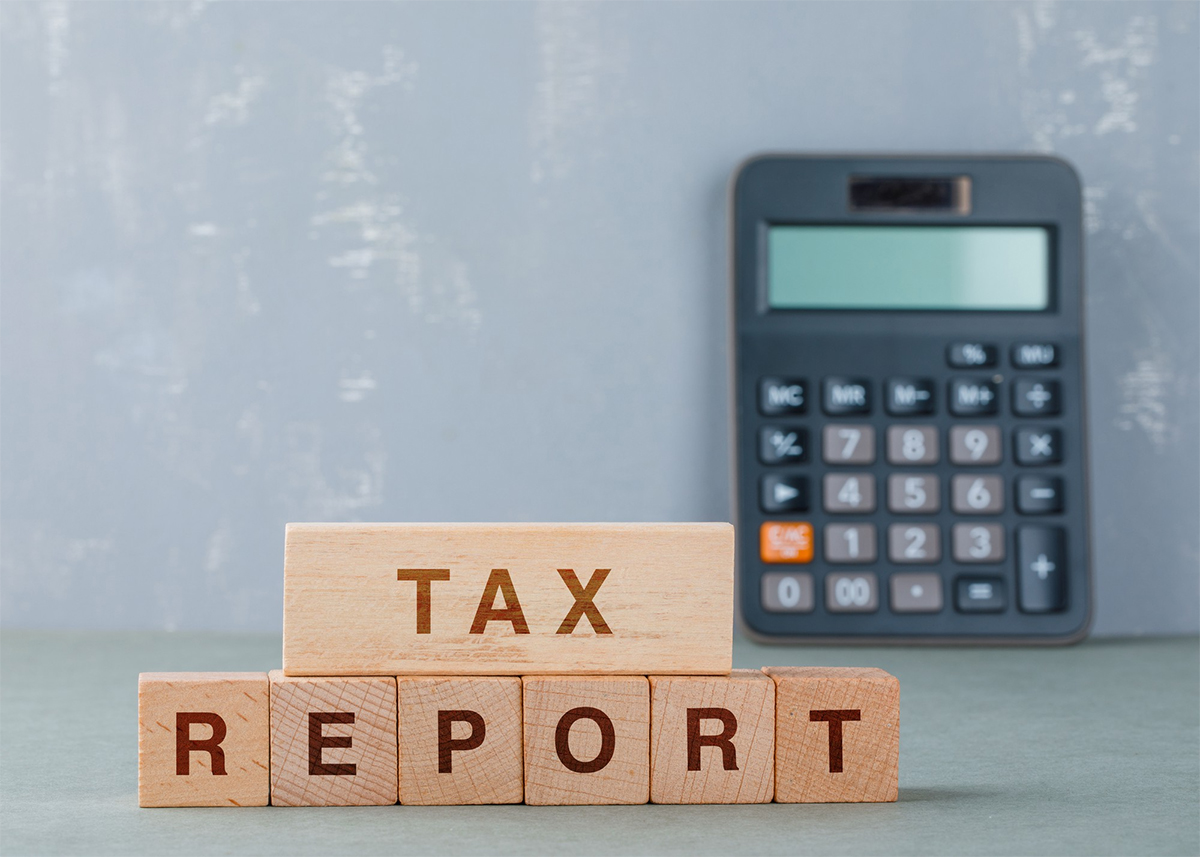Liquidation Bankruptcy
Liquidation bankruptcy, also known as Chapter 7 bankruptcy, is a type of bankruptcy where an individual or business seeks to have their debts discharged by liquidating their assets. [1]
In this process, a bankruptcy trustee is appointed to gather and sell the debtor’s non-exempt assets and distribute the proceeds to their creditors. It is essential to understand the definition and implications of liquidation bankruptcy to avoid costly mistakes that could negatively impact one’s financial future.
Making uninformed decisions or errors during the bankruptcy process can lead to complications, delays, or even the dismissal of the case.
By adopting a thorough understanding of liquidation bankruptcy, individuals and businesses can navigate the complex process more effectively and avoid common mistakes that could hinder their path to financial stability.

Common Mistakes to Avoid in Liquidation Bankruptcy
Filing for bankruptcy can be a complex and overwhelming process, and avoiding common mistakes will ensure a successful outcome. Here are some key mistakes to avoid when considering liquidation bankruptcy:
- Failing to provide complete and accurate information: It is essential to provide all necessary financial information to your bankruptcy trustee. Failing to disclose assets, debts, or income accurately can lead to serious consequences, including dismissal of your case or criminal charges.
- Incurring new debt before bankruptcy: Taking on new debt just before filing for bankruptcy can be considered fraudulent behavior. Courts may view it as an attempt to abuse the bankruptcy system, leading to your debts not being discharged.
- Leaving out any creditors: Include all creditors in your bankruptcy filing. Leaving out any creditors may result in those debts not being eliminated, causing further financial difficulties down the line.
- Not filing income tax returns: Failing to file income tax returns can cause significant problems in your bankruptcy proceedings. It is necessary to be up to date with all tax obligations to avoid potential roadblocks and penalties.
- Transferring assets from your name to another: Moving assets out of your name with the intent to hide them from creditors or the bankruptcy trustee is a serious offense. Such actions can result in the denial of bankruptcy protection and even criminal charges.

Filing the Wrong Chapter
Filing for bankruptcy can be a complex and challenging process, and choosing the wrong chapter to file under can have serious consequences.
Debtors need to carefully evaluate their financial situation and consult with an experienced bankruptcy attorney before making any decisions.
Filing the wrong chapter can result in missed opportunities for debt relief, loss of assets, or even dismissal of your case. Each chapter of bankruptcy, such as Chapter 7 or Chapter 13, has specific eligibility requirements and advantages.
By understanding the differences and seeking professional guidance, debtors can avoid the mistake of filing the wrong chapter and ensure that they are pursuing the best course of action for their financial future.
Consequences of Filing the Wrong Chapter
Filing for bankruptcy can be a complex process with significant consequences. One of the most critical decisions that individuals or businesses must make is choosing the right chapter to file under. Making the wrong choice between Chapter 7 and Chapter 13 is a mistake to avoid. This could result in:
- Higher filing costs: Filing the wrong chapter can lead to unnecessary expenses, including court fees and attorney fees. This can further strain an already financially difficult situation.
- Inability to discharge certain debts: Tax debts and student loans may not be dischargeable under certain chapters. This can leave individuals with these debts even after the bankruptcy process.
- Limitations on income: Chapter 13 bankruptcy requires individuals to have a consistent income and make monthly payments based on their disposable income. This can restrict financial stability and flexibility moving forward.
- Loss of assets: Chapter 7 bankruptcy involves liquidation, so individuals risk losing their homes, vehicles, and other belongings to satisfy their debts. On the other hand, Chapter 13 bankruptcy allows individuals to keep their assets and repay their debts through a structured repayment plan.
- Negative impact on spouses or loan co-signers: If a loan was jointly taken out or if someone co-signed a loan, they may still be responsible for the debt even if the individual filing for bankruptcy is no longer liable. This can cause strain on relationships and financial difficulties for others involved.
Common Mistakes to Avoid with Credit Card Use During Liquidation Bankruptcy
Credit card use during the process of liquidation bankruptcy can be tricky and potentially harmful if not managed properly. Here are some common mistakes to avoid and tips to navigate this aspect of your financial situation.
- Focus on using cash or debit cards instead: Make a budget that prioritizes your essential expenses and stick to it. If necessary, consider seeking financial advice or credit counseling to help you manage your finances effectively.
- Not ceasing credit card use immediately: Continuing to use credit cards after filing for liquidation bankruptcy can be seen as fraudulent behavior and may lead to serious consequences. To avoid this, debtors must stop using their credit cards as soon as possible. Any debt incurred on credit cards during the bankruptcy process may not be dischargeable, leaving the debtors responsible for repayment. It's essential to think twice before making purchases on credit cards during this time.

Bankruptcy Trustee Responsibilities in Liquidation Bankruptcy
When filing for bankruptcy, one of the key players in the process is the bankruptcy trustee. The bankruptcy trustee is appointed by the court and has specific responsibilities to oversee and administer the bankruptcy proceedings.
Their role is to ensure the fair treatment of both the debtor and the creditors involved. Understanding the responsibilities of a bankruptcy trustee is essential for individuals considering bankruptcy, as it can help navigate the process more effectively and help the debtors avoid pitfalls.
- Asset Evaluation: One of the primary responsibilities of a bankruptcy trustee is to evaluate the debtor's assets. This includes identifying and valuing all the assets that can be potentially liquidated to repay creditors. The trustee will review the debtor's financial records, bank statements, and other relevant documents to assess the value of the assets.
- Collection and Liquidation of Assets: If there are non-exempt assets that can be liquidated to repay creditors, the bankruptcy trustee is responsible for collecting and selling these assets. The proceeds from the sale are then distributed among the creditors according to the priority established by bankruptcy laws.
- Discharge Objection: The trustee has the right to object to the discharge of certain debts if they suspect fraudulent behavior or believe that the debtor is not meeting their obligations under bankruptcy law. They can file legal actions to prevent the discharge of these debts.
- Examination of Financial Records: The bankruptcy trustee reviews the debtor's financial records, tax returns, bank statements, and other relevant documents to verify the accuracy and completeness of the information provided. They are authorized to request additional documentation or information if needed.
- Fair Distribution: The bankruptcy trustee is responsible for ensuring that the debtor's assets are distributed fairly among the creditors. They examine the claims submitted by creditors and develop a plan to distribute the available funds or assets equitably.
- Meeting of Creditors: The bankruptcy trustee organizes and presides over the mandatory meeting of creditors, also known as the 341 meeting. During this meeting, the trustee questions the debtor about their financial situation and assets. Creditors also have the opportunity to ask questions or raise objections if necessary.
At Frego Law our experienced bankruptcy attorneys can help you understand the complexities of liquidation bankruptcy. Contact us today for a free consultation.
Source:
[1] Chapter 7 Bankruptcy – Liquidation Under the Bankruptcy Code | Internal Revenue Service. (n.d.). https://www.irs.gov/businesses/small-businesses-self-employed/chapter-7-bankruptcy-liquidation-under-the-bankruptcy-code




